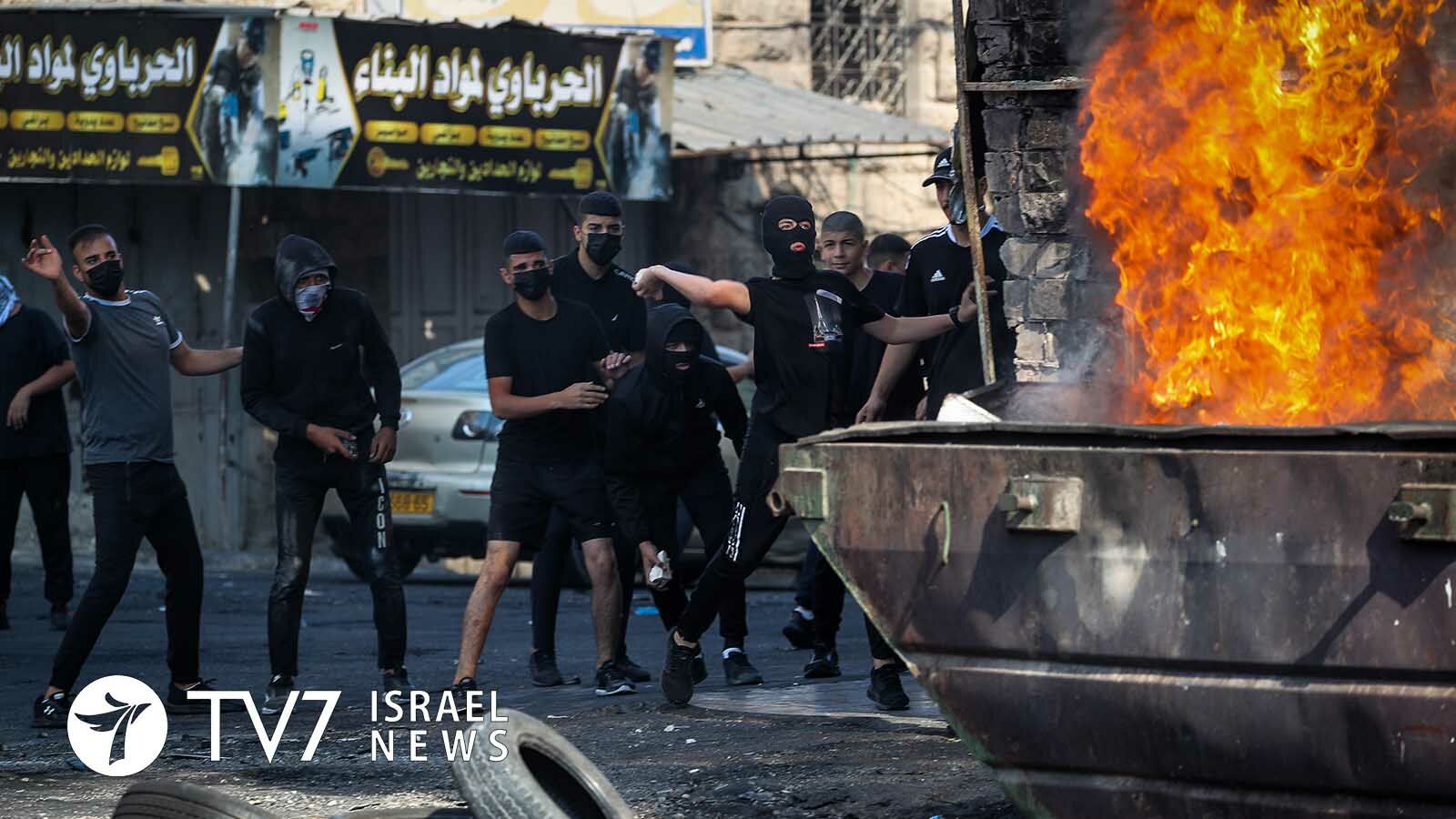“The situation in the West Bank is worse than it has been for many years,” said Ibrahim Ramadan, the Palestinian Authority (PA) Governor of the hotbed terrorist city Nablus – adding that there has been a complete breakdown of trust on the part of young men radicalized by daily confrontations with IDF troops and Israeli settlers.
By Erin Viner
“Nowadays, no one can control the militants in the street,” exclaimed the Nablus leader.
Two Israeli soldiers have been murdered since Saturday.
Tensions are soaring in the Palestinian territories after years of relative calm, triggering concerns over the outbreak of a third deadly uprising, known in Arabic as an “Intifada.” Two prior Intifadas took place in the 1980s and early 2000s, which entrenched the deep divide between Israel and the Palestinians and claimed hundreds of lives on both sides.
With the impending national elections on 1 November, Israeli Prime Minister Yair Lapid has endorsed a Two-State Solution with an independent Palestinian state alongside Israel, which captured the east side of a then-divided Jerusalem, the West Bank, Gaza and northern Golan Heights in the 1967 Six Day War.
“This generation cannot see a political horizon,” said Alaa Al-Nabulsi, whose 18-year-old son Ibrahim Al-Nabulsi was killed in a gun fight with Israeli forces in the Old City on 9 August whose name has since become a rallying cry for vengeance.
According to public opinion polls, the majority of Israeli voters are primarily concerned with rising costs of living and the Palestinian issue barely registers as an election issue – while Jews who live in Judea and Samaria are demanding a tougher crackdown on raging terrorism.
“We are in the midst of a wave of terror courtesy of the terrorist Palestinian Authority (PA),” Samaria Regional Council Head Yossi Dagan said at a protest on Sunday after a civilian car was fired at near Nablus. “This morning it was in Samaria and tomorrow it will be everywhere in Israel,” he warned.
Israeli and United States officials have repeatedly called on the PA, which exercises limited rule in the West Bank, for failing to control factions like the Iran-backed Palestinian Islamic Jihad (PIJ) terror group, which sparked a 56-hour conflict with Israel this past August.
The PA, deeply unpopular in the West Bank and under pressure from the more radical Islamist Hamas, claims it has been weakened by Israel’s half-year-long Operation Waves Breaker – launched by Jerusalem’s defense establishment in the West Bank to counter a deadly surge of attacks against Israelis that killed 19 people between March and May 2022.
The growing violence has raised international alarm, including from the United States, Israel’s closest ally. There is however, no inclination in Israel to lessen tight security measures to prevent Palestinian violence among any of the leading political parties.
With no sign of a wider political solution to the conflict, the official focus is control.
“Anyone who wants to carry out shooting attacks and kill Israeli civilians is in our crosshairs,” Defense Minister Benny Gantz has stressed.
